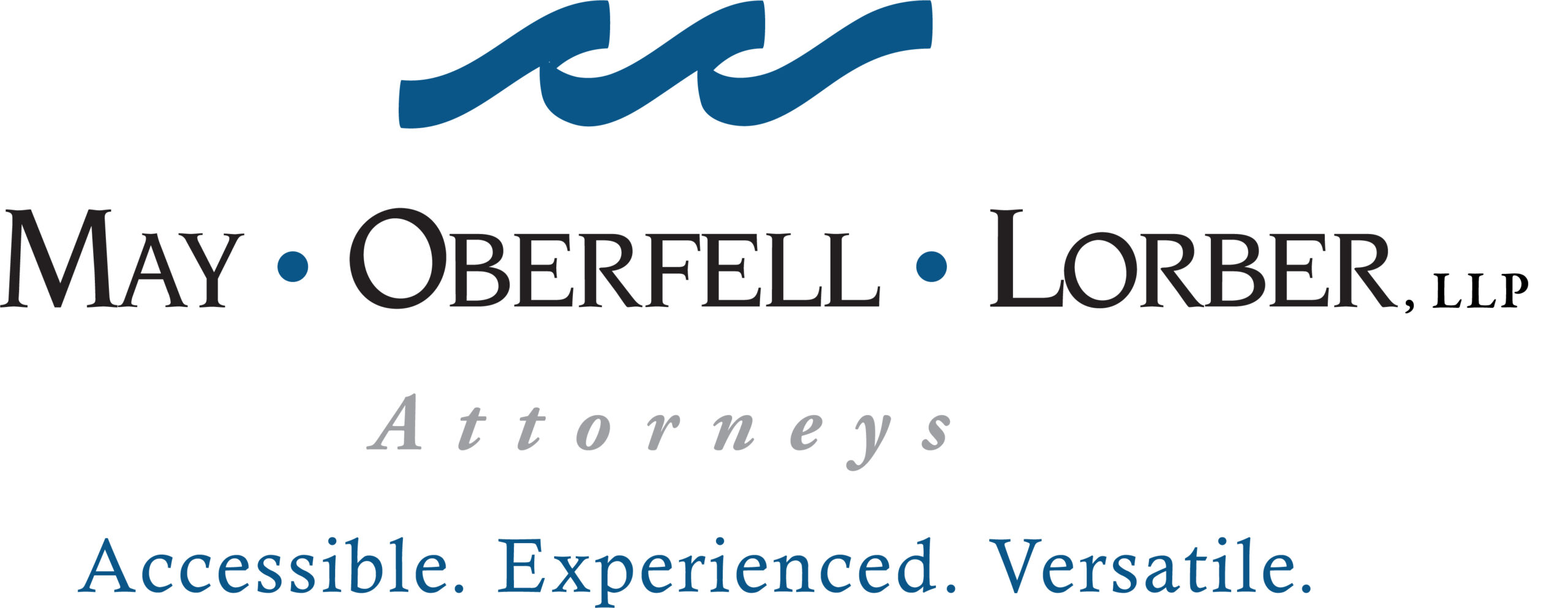Starting A Business? The Different Types Of Business Entities
Starting your own business is an exciting venture. While the opportunity to “be your own boss” is tantalizing, running a business can be a challenge. Important decisions must be made from the get-go to ensure your business successfully hits the ground running. One question often overlooked by many entrepreneurs pertains to which form the business should organize under Indiana law. The following provides basic information on the most common business formations in Indiana.
Sole Proprietorship – As its name suggests, one individual owns and conducts a business for profit in a sole proprietorship. The sole proprietor is responsible for all of the business’ debts and liabilities. The sole proprietor reports the business’ income as part of his/her personal income.
General Partnership – A general partnership is comprised of more than one individual who serve as co-owners of the business. Be there 2, 10, or 50 partners, each partner shares in the liabilities and debts of the general partnership. Meanwhile, a general partnership is only taxed once, as each partner reports the general partnership’s income as part of his/her income.
Neither a Sole Proprietorship nor General Partnership require the filing of organizational documents with the Indiana Secretary of State’s Business Service Division.
Corporation – Corporations are formed by filing Articles of Incorporation and are owned by shareholders. A corporation assumes all liabilities and debts of the business. Thus, each shareholder is protected from the corporation’s debts and liabilities. However, a corporation’s income is taxed twice. Income is taxed at the corporate level and again at the employee level when wages are paid or dividends are distributed.
S Corporation – An S Corporation is distinguishable from a regular corporation in that its income is taxed only once – at the employee level. However, an S Corporation cannot have more than 75 shareholders and must meet other IRS criteria. Once Articles of Incorporation have been filed, a corporation may seek S Corporation status for federal income tax purposes.
Nonprofit Corporation – A nonprofit corporation engages in activities which do not provide a profit to its members. A nonprofit corporation must obtain nonprofit or tax exempt status from the IRS and Indiana Department of Revenue to be free of certain taxes.
Limited Liability Company – Quite possibly the most common type of business formation for small business owners, an “LLC” combines the advantage of a corporation’s limited liability with the single taxation component of a general partnership. LLC members are protected from the company’s liabilities and debts. Should the LLC so qualify under IRS guidelines, the LLC will only be taxed once, at the employee level. It is recommended that an LLC establish an Operating Agreement.
Limited Partnership – Limited partnerships include at least one general partner and one limited partner. The general partner assumes all of the partnership’s liabilities and debts, whereas the limited partner’s liability is limited to the amount he/she has invested in the company. A limited partnership’s income is taxed only once.
Limited Liability Partnership – An “LLP” operates similarly to a general partnership. However, unlike a general partnership, an LLP’s partners are protected from many debts and liabilities of the partnership. An LLC’s income is taxed only once.
Corporations, S Corporations, Nonprofit Corporations, Limited Liability Companies, Limited Partnership, and Limited Liability Partnerships all require organization documents be filed with the Indiana Secretary of State’s Business Service Division.
The attorneys of May Oberfell Lorber routinely work with small business owners to determine which organization form is best suited for a business. May Oberfell Lorber attorneys additionally draft and file organizational documents for various business entities. Call us at 574-243-4100 to discuss the best option for your business.
This article is for information purposes only and is not intended to constitute legal advice.
